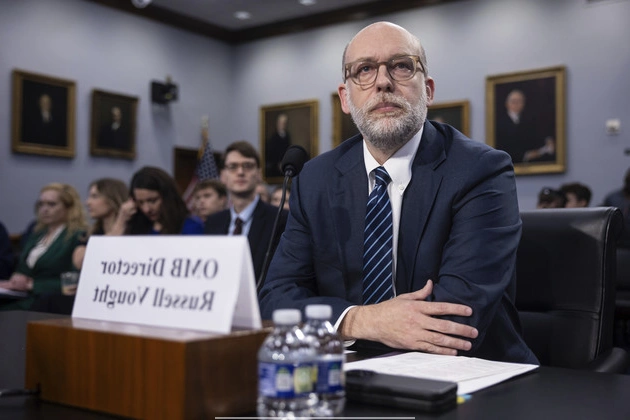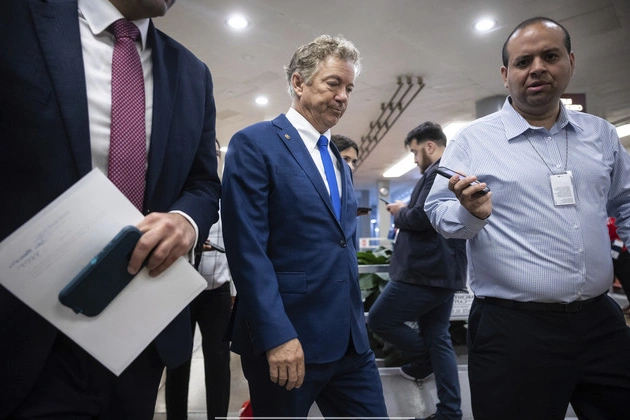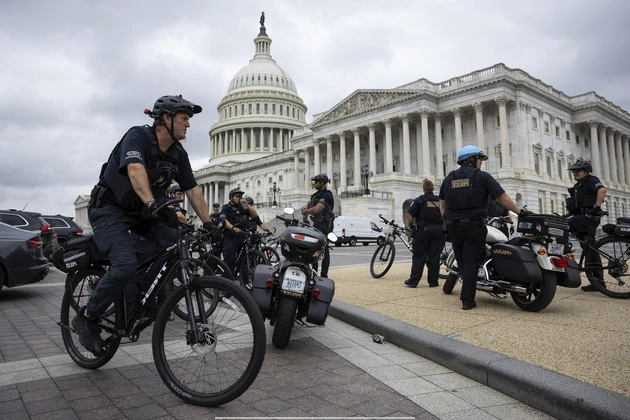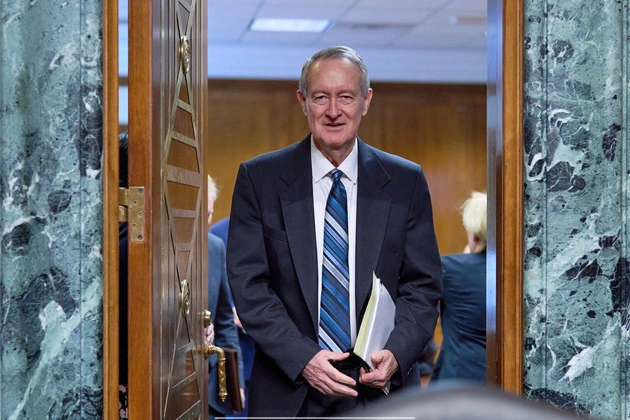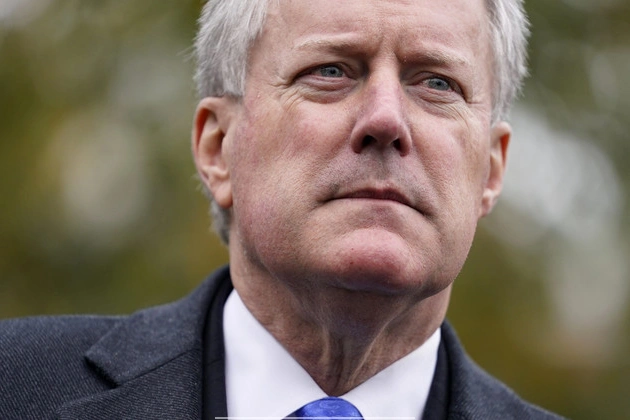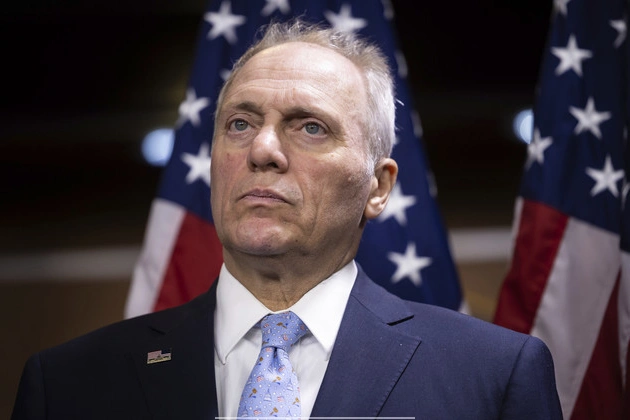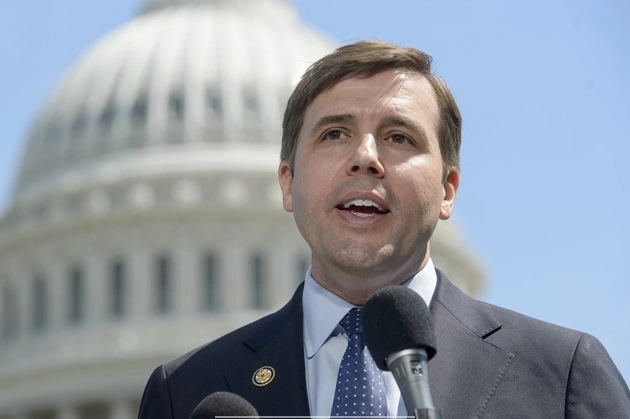
The House Ethics Watchdog, officially known as the Office of Congressional Conduct (OCC), is poised to resume investigations after a prolonged period of inactivity. The appointment of board members, including Karen Haas and Bill Luther, signals a new chapter for this critical oversight body.
Challenges and Renewed Focus
Despite facing delays and speculation about its future, the OCC is back on track with a renewed commitment to impartially vetting allegations against lawmakers. Good government organizations and House Democrats have advocated for its functionality, emphasizing the nonpartisan nature of its mission.
The Role of the OCC
Established in 2008 in response to ethical crises in Congress, the OCC stands as a beacon of transparency compared to the House Ethics Committee. By accepting public complaints and conducting investigations independently, it aims to uphold integrity and accountability among House members.
Operational Hurdles and Public Perception
The recent delays in appointing board members have raised concerns about the OCC’s efficacy and relevance. Lawmakers’ mixed reactions reflect broader debates about the office’s necessity, with some advocating for its closure while others see it as a vital tool for restoring public trust in Congress.
Future Prospects and Public Trust
As the OCC prepares to tackle a backlog of cases accumulated during its dormancy, questions linger about its impact on congressional ethics and governance. Activists stress the importance of maintaining the office’s independence and effectiveness in addressing misconduct.
While challenges persist, the OCC remains a pivotal player in the landscape of congressional oversight, symbolizing a commitment to transparency and accountability in the halls of power.






